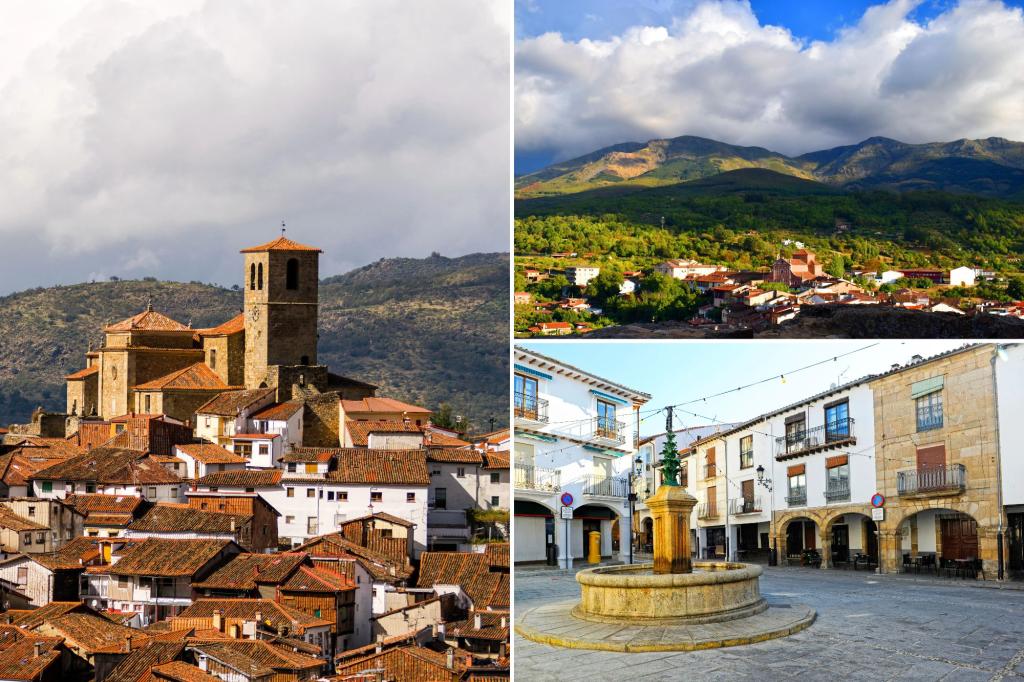The Regional Government of Extremadura in Spain is offering remote workers $16,620 to relocate to the Ambroz Valley and commit to living and working in the region for at least two years. This program is part of a global trend of countries seeking to attract digital nomads who are searching for affordable places to live and work remotely. The Ambroz Valley, surrounded by mountains and lush green pastures, is experiencing depopulation, with the main objective of the program being to combat this issue while also benefiting the local community economically. Digital nomads bring consumption dollars to the area, stimulating the economy and facilitating connections between locals and nomads, leading to potential entrepreneurial opportunities.
Prithwiraj Choudhury, a professor at Harvard Business School, believes that the concept of working remotely and living anywhere is changing the spatial distribution of talent, allowing people to live in communities outside of megacities. These digital nomads, who are attracted to exploring different cultures and experiences, often choose to relocate to cheaper places with a lower cost of living. Countries like Estonia, Barbados, and now Spain are offering specific visas and financial incentives to attract remote workers, with the number of countries offering such programs increasing significantly since the COVID-19 pandemic.
One example of a successful initiative is NomadX, founded by entrepreneur Dave Williams, who moved to Portugal from Atlanta in 2017. He and his wife leverage geo arbitrage, living in a country with a significantly lower cost of living compared to the US. Their business works with local governments to build communities for remote workers, fostering connections and boosting economies. The Ambroz Valley program will award up to 200 grants to digital nomads, who must first obtain Spain’s digital nomad visa and official residency before applying. Other countries like Italy, Switzerland, Ireland, and Chile also offer financial incentives and programs for remote workers looking to relocate globally.
Choudhury highlights the impact of increased geographic mobility of remote workers on shaping communities and potentially reversing brain drain in areas that have lost talent over the years. For example, Chile’s Start-Up Chile program offers foreign entrepreneurs a year-long visa and $20,000 in equity-free capital to start their companies. In Madeira, Portugal, Williams’ program has created a digital nomad village, showcasing the success of such initiatives in building connections and supporting remote workers. Being a digital nomad has been a life-changing experience for many, allowing for innovation, personal growth, and faith in humanity, as people from various backgrounds come together and support each other in their shared journey.
In conclusion, the rise of digital nomadism, accelerated by the COVID-19 pandemic, is reshaping the way people live and work, with countries offering incentives to attract remote workers to rural areas facing depopulation. By facilitating connections, stimulating local economies, and providing affordable living options, these initiatives benefit both the digital nomads and the communities they choose to relocate to. The potential reversal of brain drain in regions that have lost talent for decades demonstrates the positive impact of remote work on shaping communities and fostering innovation, ultimately leading to a more interconnected and supportive global society.


